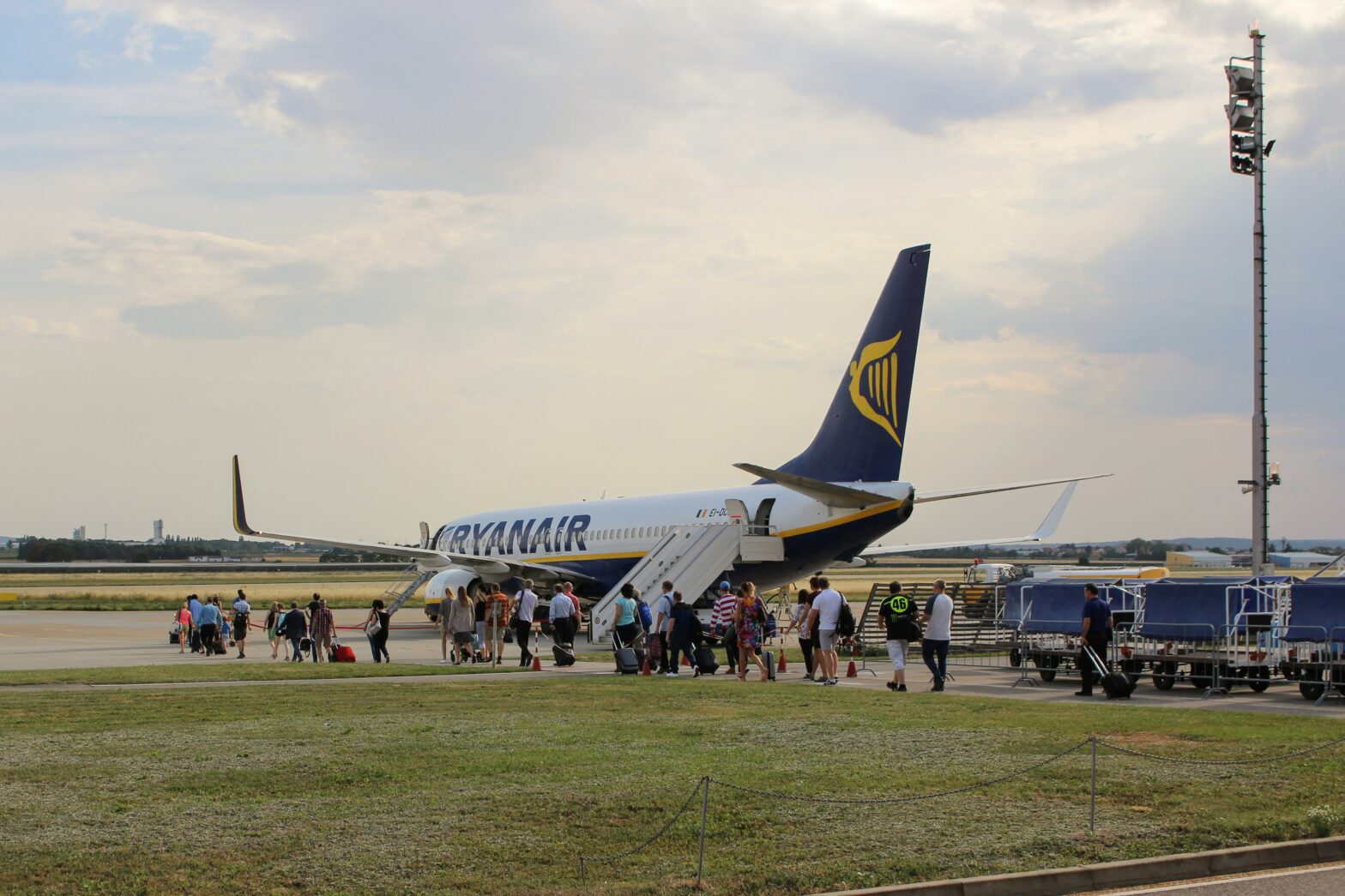Ryanair announced plans to increase the financial incentives for staff who identify oversized luggage at boarding gates. Starting in November, the Irish budget carrier will raise the bonus paid to employees from €1.50 to €2.50 for each non-compliant bag they catch, while simultaneously removing the current €80 monthly cap on these rewards, according to Euronews. Passengers found to be violating size restrictions may face potential charges of up to €75 to check their bags into the aircraft’s hold, depending on the route and travel date.
Ryanair CEO Michael O’Leary confirmed these changes during a press conference in London, emphasizing that passengers who adhere to the established baggage policies will encounter “no issues” while traveling with the airline. Per the Euronews article, the airline reports that approximately 200,000 passengers annually, representing just 0.1 percent of Ryanair’s 200 million customers, are currently caught with oversized bags.
Current Ryanair Baggage Policies And Enforcement
Under Ryanair’s current policy, basic fares include only one small personal item, measuring 40cm x 20cm x 25cm, which must fit underneath the seat. BBC News highlighted that the carrier’s carry-on size requirements will increase to 40cm x 30cm x 20cm from September, after a change in EU rules. Passengers wishing to bring an additional cabin bag, such as a small wheeled suitcase, must pay an extra fee during booking or face substantial charges at the gate if their luggage exceeds the permitted dimensions.
In June, the European Parliament’s Committee on Transport and Tourism (TRAN) voted to ban airlines from charging passengers extra to take carry-on bags, according to a report from Burges Salmon law firm. If implemented, this measure could impact the business models of carriers like Ryanair and easyJet that currently charge for larger cabin bags.
O’Leary defended the airline’s approach by stating: “We’re the airline with the lowest air fares in Europe. Those are our rules. Please comply with the rules, as 99.9% of our 200 million passengers do, and you won’t have any problem,” he told the BBC.




